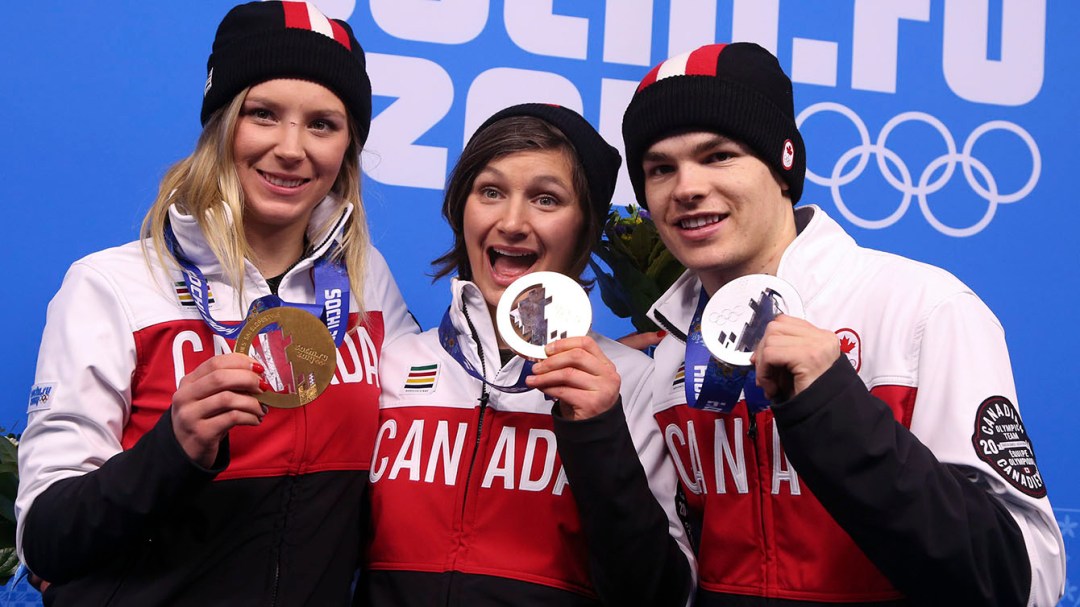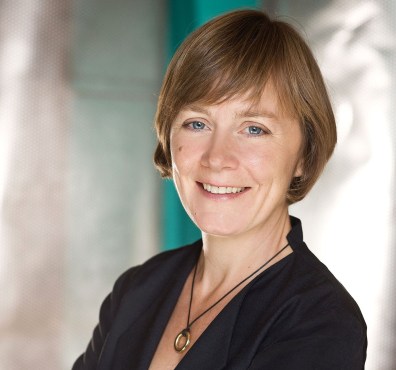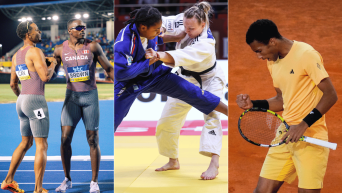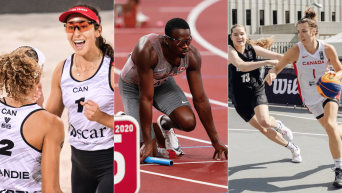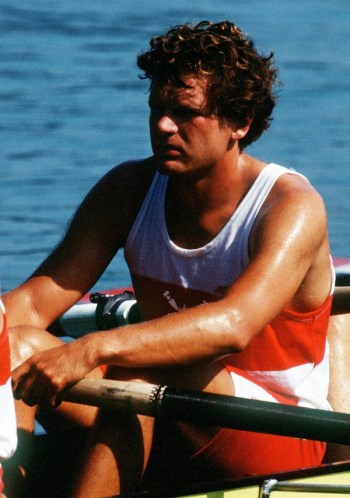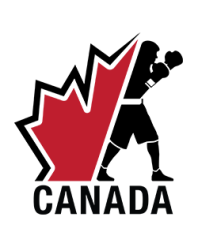Gender equality means more Olympic medals: professor
A UBC professor has authored a paper suggesting countries with higher gender equality also have a higher medal count at the Olympic Games.
Sauder School of Business prof Jennifer Berdahl became curious during Sochi 2014, “I was watching the most recent Winter Olympics and noticing that the countries that are reputed for being really good on gender equality were winning more medals,” she explains.
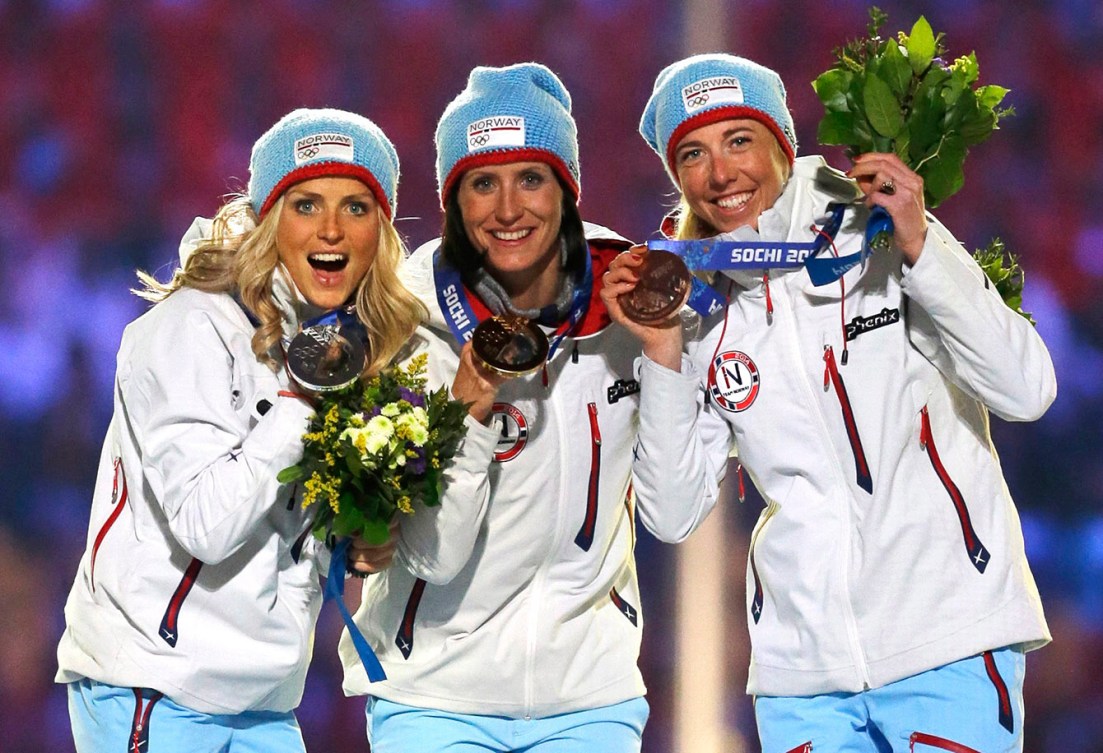
From left, Norway’s Therese Johaug (silver) Marit Bjoergen (gold) and Kristin Stoermer Steira (bronze) swept the women’s 30K cross-country race. Norway was 3rd on the World Economic Forum’s Global Gender Gap Index.
Skeptical that it could just be northern countries doing well at a Winter Games, Berdahl made a statistical model to find out. She controlled for third variables such as national GDP, population size, geographic latitude (to debunk the winter country versus summer country thing) and income inequality.
Her hunch revealed an interesting result: countries where men and women are more equal (measured by gender gap score) are not only winning more women’s medals, but performing better in men’s events as well.
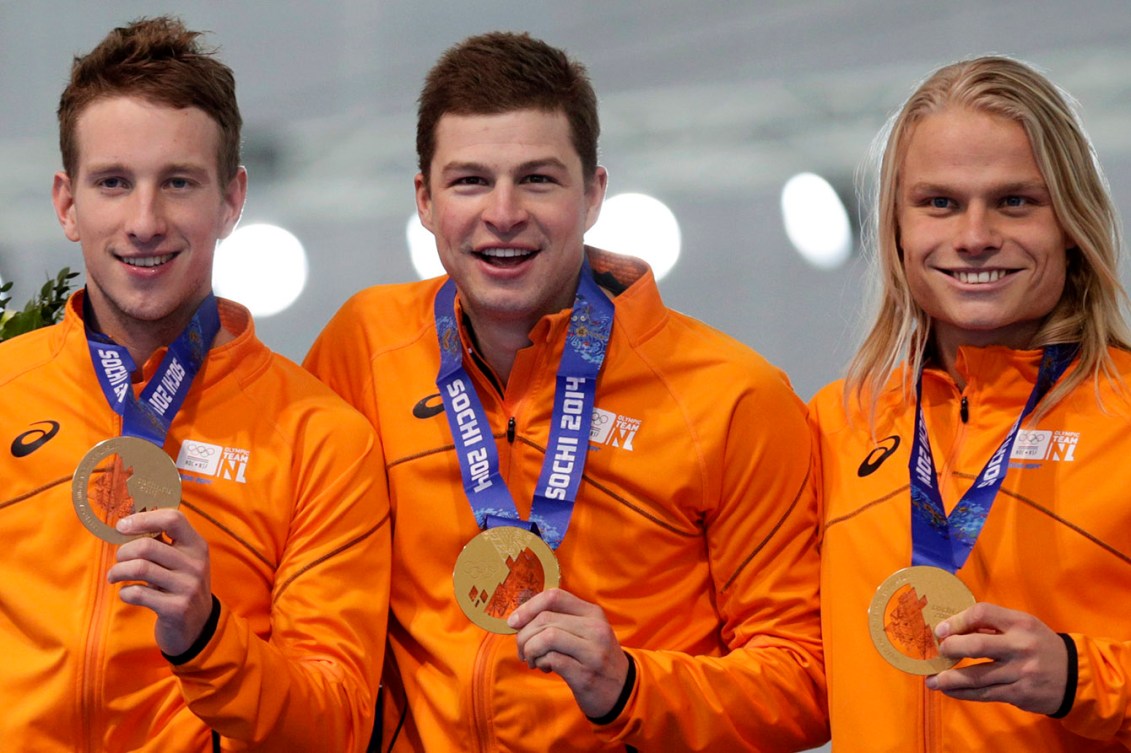
From left, Jan Blokhuijsen, Koen Verweij and Sven Kramer, Sochi gold medallists in the men’s team pursuit. Netherlands are 13th-ranked for gender equality and won 13 men’s medals in speed skating alone.
To double check, Berdahl computed for London 2012 and received the same result. Better gender equality equals more Olympic medals. “I was surprised about the men’s medals. I thought there might be a weak relationship but there was a statistically strong relationship,” she admits.
“I think there’s a stereotype that more macho nations that valourize masculinity or male dominance might be more dominant in male sport, we found that it’s actually the opposite.” – Professor Berdahl
The finding contradicts the belief that access to elite sport is what the paper calls ‘a zero-sum game’ where affording opportunity to women adversely affects medal chances for men. Berdahl and her co-authors Eric Luis Uhlmann and Feng Bai write why this could be the case: “Gender inequality is likely to hurt both women and men by encouraging stereotypes that limit their ability to reach their full potential as individuals.” In other words, gender equality takes the pressure off and allows everyone to just do their thing and win medals.
The paper concludes with a nice suggestion: “Eroding false and antiquated norms regarding what men and women can and cannot do is a ‘win-win’ that allows members of both genders to realize their true potential.”
That sounds like a superb conclusion to us and thanks to Professor Berdahl we didn’t have to do any math to prove it.

